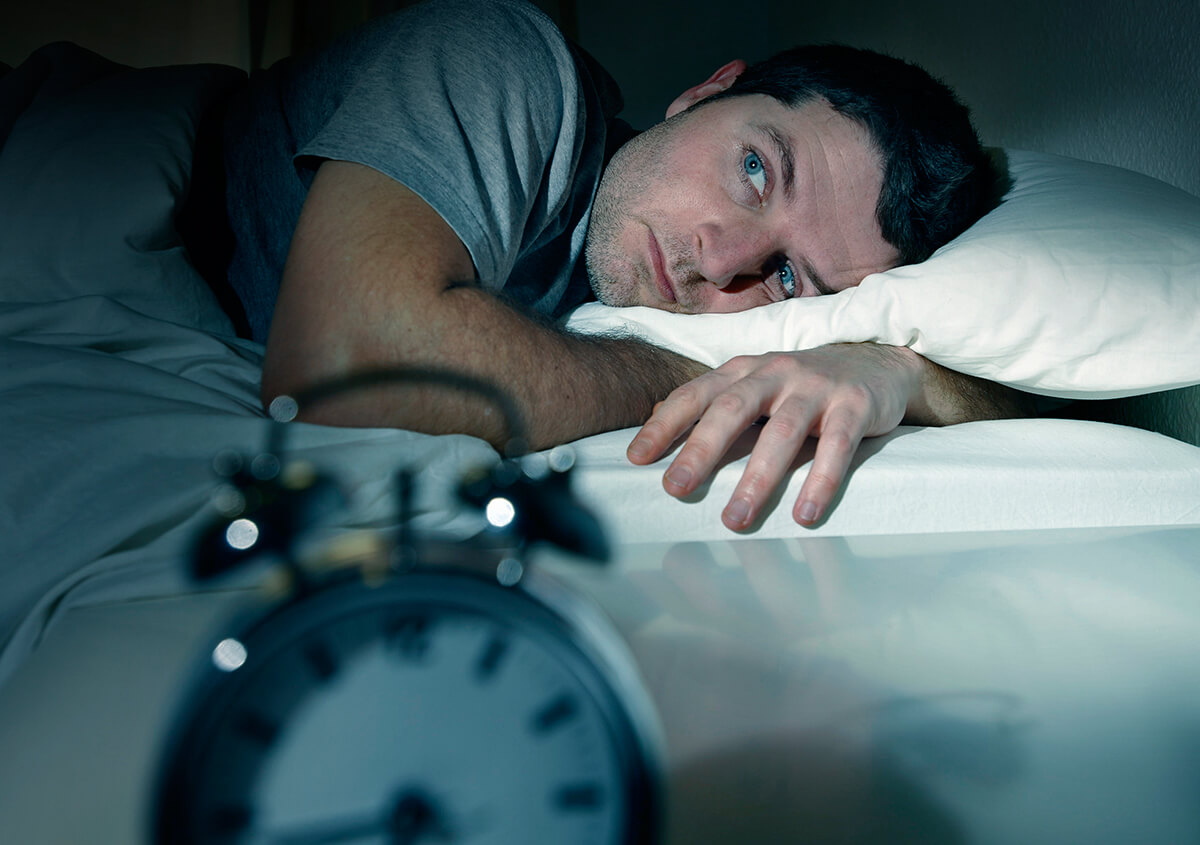Working with Your Dentist for Solutions to Find the Right Sleep Apnea Oral Appliance
Individuals with sleep apnea may have tried using a continuous positive airway pressure (CPAP) device and failed to adjust to sleeping with it on their face. This occurs with between 30 to 50 percent of people prescribed one for use. If you received a mild to moderate sleep apnea diagnosis, consult with your doctor about using an oral appliance treatment instead.
While your medical doctor prescribes the oral appliance, your dentist fits you for it. Your doctor and dentist work with you to determine the best solutions for you. This consultation proves vital for more than 100 models of oral appliances to treat sleep apnea exist. Some of these devices reposition the mandible or lower jaw, while others hold your tongue in a forward position. Each device does this in a slightly different way, using a different design.
Avoid the mail order and internet supplier options you see online. These plastic options do not work well since they cannot be custom-fitted. They could cause other problems, such as causing your teeth to move, which leads to misshapen bite or tooth loss.
Your orthodontist can measure your mouth and fit you for an appliance. This involves taking plaster moulds of your teeth. They should offer a range of devices and provide consistent dental and sleep therapy. This may include oral exercises.
The best quality oral appliances let you adjust them over time. This lets you and your dentist continue fitting the same device to you as your mouth changes.
These devices cause the lower jaw and tongue to move forward to clear the throat so it can open properly. Once the throat remains open, the sleep apnea reduces, as does its most noticeable symptom – snoring.
The plaster moulds get shipped to a dental laboratory, where technicians craft the hardened acrylic plastic appliance to fit both your upper and lower teeth. Similar to a retainer, the appliance fits over your teeth to modify your bite. Shipped to the dentist, you meet for a second appointment for device adjustments to ensure the device fits comfortably.
Another reason not to use the mail-order version of these devices is that a poor fit can cause TMJ to develop. An ill-fitting appliance can cause teeth movement. To know if your device works well, you should undergo a sleep study.
Contact We Smile Dentistry London, ON, for sleep apnea solutions and for more information on using an oral device to treat sleep apnea, call us on (226) 605-0042.






